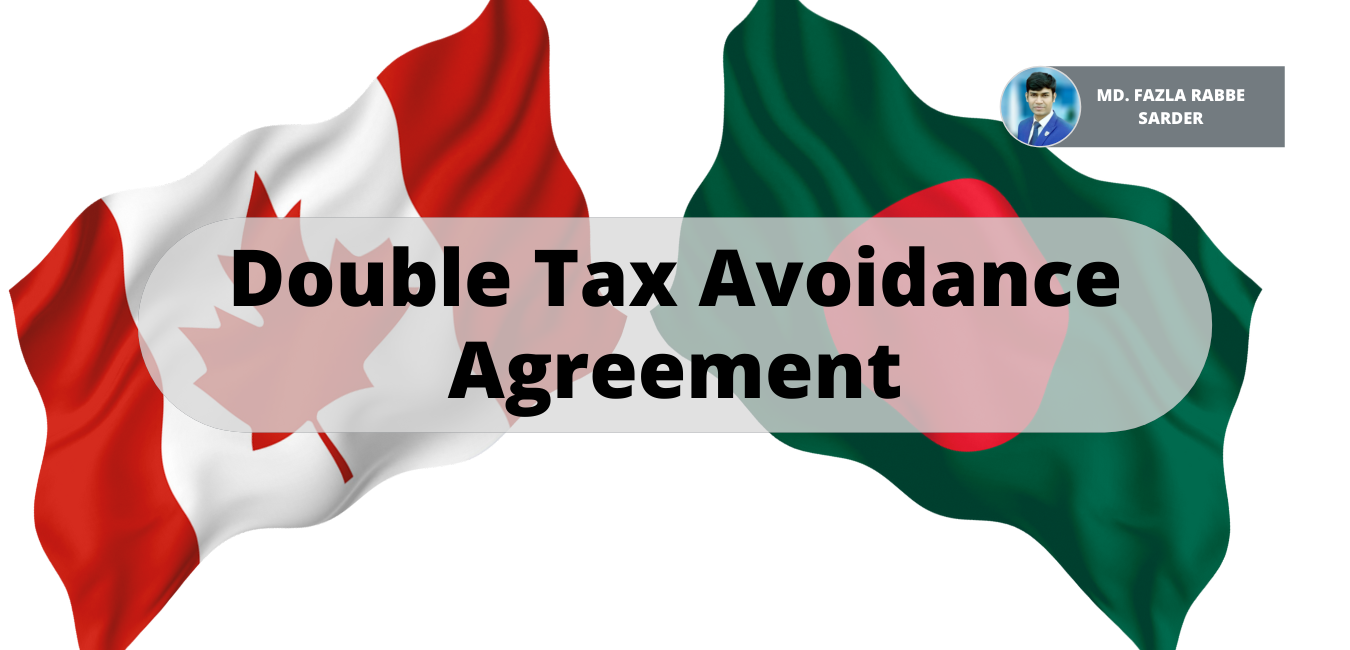DTAA facilitates foreign investment and the employment of experts. Such double taxation avoidance treaties or double tax treaties are being treated as settlements between two countries which help to eliminate international double taxation.
Section 144. (1) of the Income Tax Ordinance, 1984 allows the government of Bangladesh to enter into an agreement with the Government of any other country for the avoidance of double taxation and the prevention of fiscal evasion with respect to taxes on income leviable under this Ordinance and under the corresponding law in force in that country. The Government may, by notification in the Official Gazette, make such provisions as may be necessary for implementing the said agreement. By invoking such power, the Government of Bangladesh has signed DTAA with 36 countries including Bahrain, Belarus, Canada, China, Denmark, France, Germany, Indonesia, India, Italy, Japan, Republic of Korea, Kuwait, Malaysia, Myanmar, Nepal, The Netherlands, Norway, Oman, Pakistan, Philippines, Poland, Romania, Saudi Arabia, Singapore, Sri Lanka, Sweden, Switzerland, Thailand, Turkey, UAE, UK, USA, Vietnam, etc.
Finance Act, 2018 by way of introduction of an amendment in Section 56 of the Income Tax Ordinance, 1984. This states that where, in respect of any payment under this section, the Board, on an application made on this behalf, is satisfied that due to tax agreement or any other reason the non-resident is not liable to pay any tax in Bangladesh or is liable to pay tax at a reduced rate in Bangladesh, the Board may issue a certificate to the effect that the payment shall be made without any deduction or, in applicable cases, with a deduction at the reduced rate as mentioned in the certificate. It further states that tax deducted under this section shall be deemed to be the minimum tax liability of the payee in respect of the income for which the deduction is made, and shall not be subject to refund or set-off or an adjustment against a demand. Therefore, banks should receive the certificate from the payee before allowing any tax benefit under the DTAA while remitting the money abroad.











Social Media